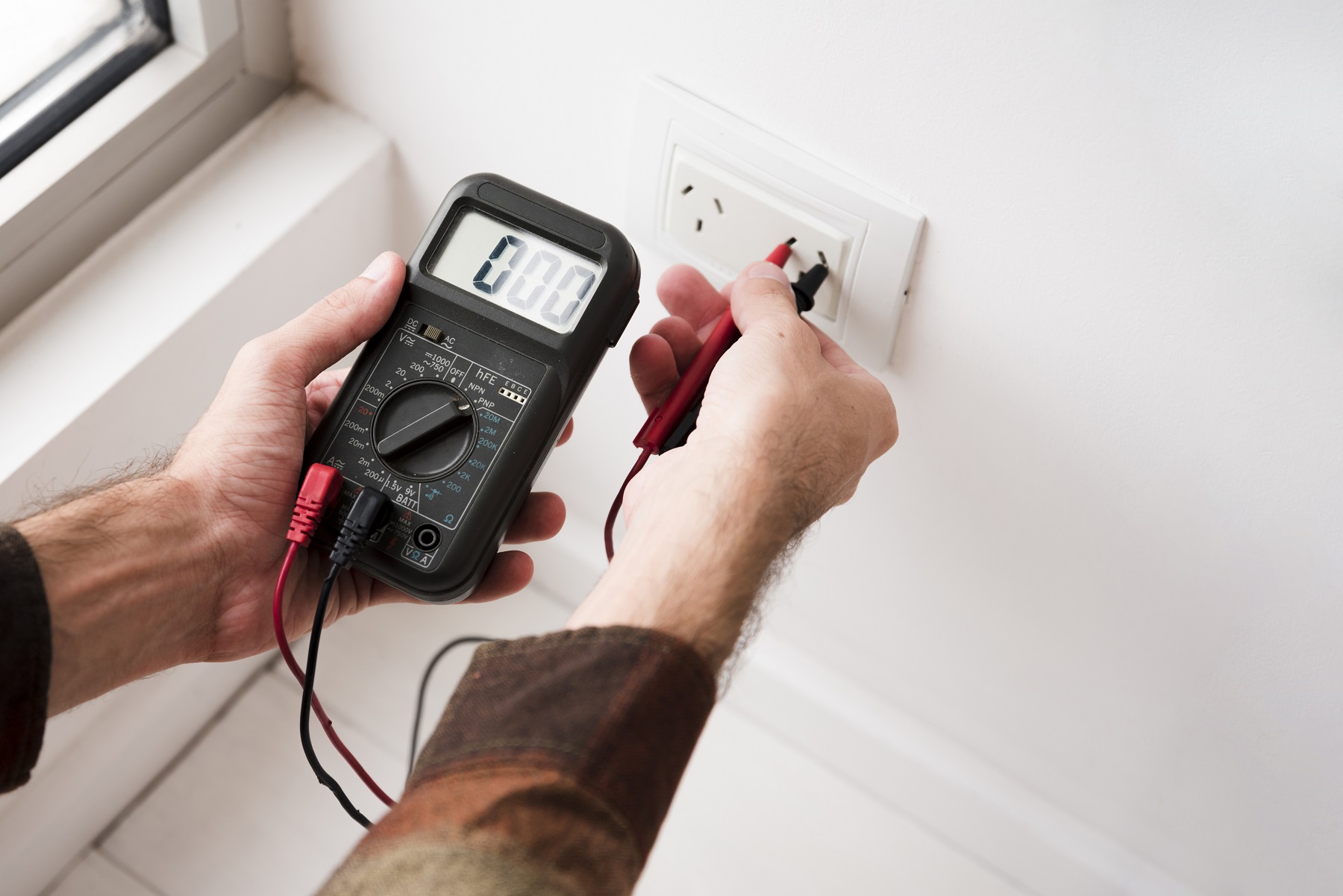Navigating the Home Buying Process
One of the very first steps to take after putting an offer in on a new home is making sure a home inspection is completed. Inspections can be a bit nerve-wracking, but don’t fear! The following is a quick rundown of all the things you’ll need to know when planning for, arranging, and attending a home inspection:
First you may be wondering…
Where do I find an inspector?
Home inspection is not federally regulated, so it’s important to ask for recommendations from people you know and trust. Whether that be your co-worker, your mother, your lender, or your agent is up to you—but finding a trusted inspector is key to ensuring your confidence in their evaluation. Though there are no national requirements pertaining to inspectors, there are plenty of databases that buyers can refer to verify an inspector. The National Association for Home Inspectors and International Association of Certified Home Inspectors both require members to pass an exam, honor a code of ethics, and continue their education as often as needed.
The good news is, in Arizona, inspectors must be licensed and must meet certain requirements set forth by the state to verify that they meet current rules, standards, and regulations. Most buyers in Arizona can rest assured that their inspector is qualified for the job!
Once you find an inspector…
Who finances the inspector? Who arranges the inspection?
Traditionally, the buyer pays for the inspection, however, some buyers negotiate the price into their offer, and insist that the seller pay. Most realtors and agents, though, would recommend the buyer choose and arrange the inspector, just to ensure the inspection itself is free of bias and personal ties (to buyer and seller).
How do I pay for it and what does it cost?
In 2018, the average inspection ran between $277-$388, but at the end of the day, it really comes down to the location and size of the home being inspected. While the price of the inspection may go up with the size of the home, it’s important not to skimp on an inspection. If you get a quality reference, but the price tag is a bit high, don’t low bid for a far less reputable inspector. Quality should always prevail.
Once the inspection is scheduled and paid for, what will the inspection look like?
A good inspector will get into every possible nook and cranny to compile a summary that will include checking:
- HVAC systems
- Interior plumbing
- Electrical systems
- Roof
- Basement/Structural components
- Attic
- Floors
- Windows & doors
- Foundation
The checklist the inspector will amass will look at the above functions with scrutiny, so it is inevitable that the checklist the buyer will receive back will have a shocking amount of issue to address. As a buyer, it’s important to not focus on the number of issues addressed, but rather look at the severity of the them. Some problems can be dealt with easily, like chipped paint and a missing tile. Other problems can be deal breakers, like a complete roof renovation or major plumbing complications.
The inspector will provide the buyer with an extensive summarized compilation of all the notes and pictures taken throughout the inspection, as well as estimates on the longevity of major equipment and systems that are integral to the home (i.e. roof, structure, paint, garage doors, etc.).
How long will the process take?
There are a number of variables to take into account when trying to gauge the time an inspection will take. The size of the home, the thoroughness of the inspector, the number of defects, and the effort the owner put in to preparing for the inspection will all account for different durations of time the inspection can take. It’s safe to assume it will take over two hours, maybe even up to four. It is highly recommended that the buyer is present for the inspection whenever possible. It allows for exploration of the property and the opportunity to ask questions about components of the home that may need explaining—not to mention the benefit of being on-site to witness first-hand any concerning issues that might present themselves.
How should I prepare as a buyer/seller?
The best way to prepare as a seller:
- Leave all keys available (garage, electrical panels, etc.)
- Ensure all pilot lights are on (fireplace, furnace, etc.)
- Tidy up—especially in basement and attic areas (inspector needs to be able to get to furnace, HVAC systems, water heaters, etc.)
- Clean up the yard—inspector needs to get to drainage point and septic systems
- If the space is currently unoccupied, make sure electric, gas, etc. are turned back on
The best way to prepare yourself as the buyer:
- Expect a lengthy list of minor issues and a few possible major ones
- Ask to attend the inspection
- Remember no home is perfect and without problems
The process of buying a home can be beyond stressful—but it doesn’t have to be. Thank you for allowing us to help guide you through it and hopefully ease your nerves as you embark on one of the biggest purchases of your life!


 Facebook
Facebook
 X
X
 Pinterest
Pinterest
 Copy Link
Copy Link


